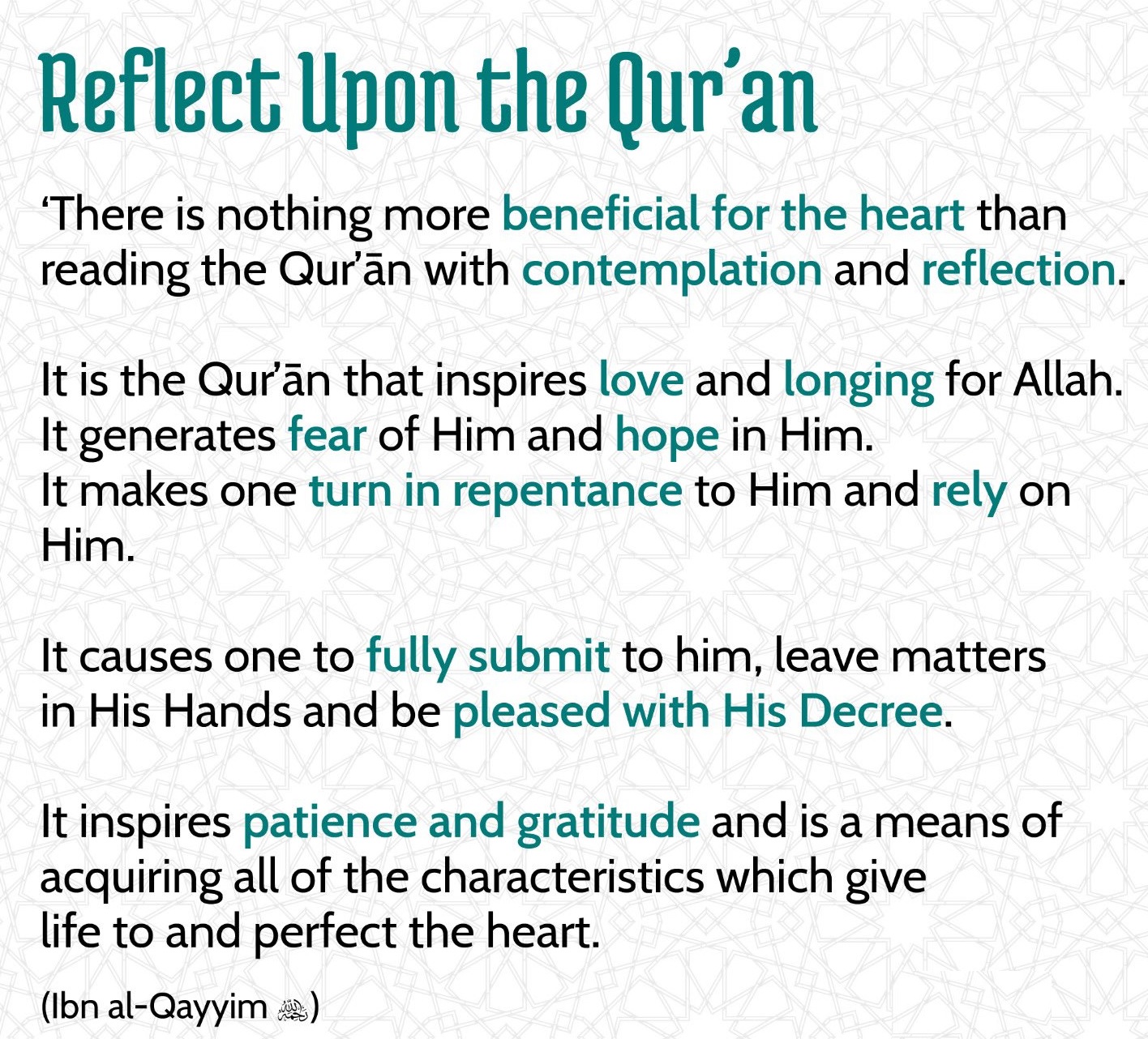Online Privacy: Do You Share Too Much Information? Social networking was meant for connecting with the people whom you know in reality in a much better way. However, today, social networking sites are used to connect with strangers with whom you have zero resemblance. Of course, it is an excellent idea if those connections benefit you in some way. However, most of the times it may not! Most of us have more strangers in our *friend list* than our real friends.
Online Privacy: Do You Share Too Much Information?
.jpg)
- Sajid Holy
- 06 Nov, 2021
Online Privacy: Do You Share Too Much Information?
Social networking was meant for connecting with the people whom you know in reality in a much better way. However, today, social networking sites are used to connect with strangers with whom you have zero resemblance. Of course, it is an excellent idea if those connections benefit you in some way. However, most of the times it may not! Most of us have more strangers in our *friend list* than our real friends.
Sharing has always been a prominent part of what the Internet is and how it functions. And with social networks exploding in popularity in the past several years, sharing is probably the one aspect we utilize the most on the web. We share news, information, pictures and experiences, and by doing this we can build and maintain relationships as well as create new connections that we would have otherwise never met or worked with. But can this have adverse affects?
Most people are unaware of the fact that Facebook and other popular social networks actually collect a lot of personal information about their users, so even the most innocent posts may sometimes come back and bite you in the behind. Our constant sharing on social media can also have incredibly negative consequences.
Following are few things you should never do online:
1. Sharing information about your kids: Today, it’s easier than ever for predators to find your child’s name, plus your own professional and personal data. Aggressive predators might even track down schedules for sporting events and after-school clubs. Don’t give them a chance to sound credible.
2. Using public Wi-Fi: Most people feel very comfortable walking into an urban café and logging onto the local WiFi. Lots of people log on to systems named “CoffeeShop” or “ILoveFood” and have no idea that these belong to data-hungry hackers. Hackers set up their own fake public Wi-Fi with a misleading name. Upon logging in, the victim’s keystrokes are recorded and stolen to obtain personal information. Hackers will also send malware disguised as updates to a victim's computer. Once the malware is installed, the hackers gain full control of the computer without the victim's knowledge.
3. Posting Financial Information: Whether you are a millionaire or middle class, think, who might be interested in your new car that costs $100K? Every kernel of information can help hackers steal your identity and gain access to your accounts. Don’t give them any help. Just keep your finances to yourself, online and off.
4. Posting false or Untrue Statements about someone (even if it is for a joke): You should never use social media as a tool for revenge. The social media is pretty one sided and will take up your side at first. However, you are committing the greatest sin by doing so. You are hurting someone else with the help of social media. You will not only feel guilty for the whole life but might also be charged under the law, for it. No matter how long you are trying to fool people, one day they will all come to know the truth.
5. Your Countless Selfies: Stop it now before it turns into an annoying habit. Hope that’s easy for you! Enough said!
6. Full birthdate and City : Having your birthdate posted on your profile may provide scammers and identity thieves with one of the key pieces of information needed to steal your identity and open up accounts in your name.
7. Home address: You never know who might be looking at your profile. Don't post where you live as you are making things easy for the bad guys. There's a lot a criminal can do using just your address.
8. Other people’s news: Whether it’s your best friend’s engagement, a cousin’s pregnancy, or your little brother’s acceptance to the college of his dreams, don’t be the first to announce other people’s big news on Facebook. At best, you’ll create an awkward situation and take control of someone else’s timeline. And at worst, you’ll be sharing news that your friend or family member had a legitimate reason for keeping offline.
9. Gossip or personal attacks: While your social network might feel like a safe place to complain about a vindictive co-worker or a friend who betrayed you, it’s never a good idea to vent your frustrations on Facebook. Calling someone out online, even if you don’t name them explicitly, can ruin the relationship. And seeing you gossip or attack others can be a pretty good reason for the rest of your friends to stop trusting you.
10. Medical misinformation : Unless you have a medical degree or are a qualified professional, you probably shouldn’t be writing rants about the dangers of conventional medicine or telling people that they should eschew clinically proven drugs for supplements or miracle foods. Conversations that minimize the seriousness of issues like mental illness or reduce cancer to a punchline can be both offensive and dangerous, and can make you look just as naive as if you reposted a copy-and-paste status.
11. Negative opinions about your job/employer/boss/professor: A comment about how you you're your job could cause future employers to wonder if you really like the work you are doing or not. A comment about your "stupid boss" could cause your application to simply disappear.
12. Poor grammar: Forget about dangling participles and comma splices. If you don't know the difference between "your" and "you're", it's time to learn. Poor spelling makes you look unintelligent. Spell check helps but how many typos do you let slip through when you post on social media? Communication, and written communication in particular, is an important part of professional life. If you can't communicate effectively, employers won't want you to communicate for them.
Remember that social media is public, even if you restrict it to the private settings. The government (and other agencies) may have access to this in advance of employment, so keep it clean.
Leave a Reply
Your email address will not be published. Required fields are marked *
Prince Mahmud
great post











